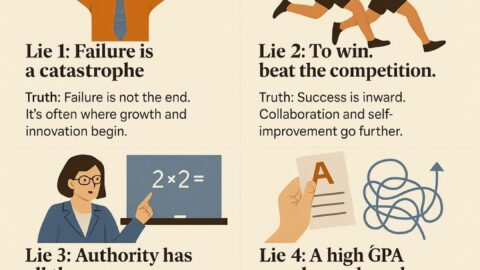The Slow Drift from Spirit to Pragmatism
Pragmatism doesn’t announce itself as an enemy. It slips in quietly, whispering: “Does it work?” At first, this seems harmless. But over time, the practical replaces the eternal. Rituals become routines. Principles become negotiable. Wisdom traditions get reduced to productivity hacks. The soul’s fire cools into expediency, and before long, the spiritual path has been quietly exchanged for convenience.
Why Pragmatism Seduces Us
Pragmatism feels safer than spirituality.
- It delivers immediate results, where spirit asks for patience.
- It keeps us socially acceptable, while spirit often sets us apart.
- It eliminates mystery, while spirit thrives in paradox.
In this way, pragmatism serves as a slow erosion of depth. It doesn’t destroy faith outright — it domesticates it.
Keeping Spirit at the Center
The key is not rejecting pragmatism, but putting it back in its rightful place: servant, not master.
- Anchor in First Principles
Ask not only “Does it work?” but “Is it true, is it good, is it aligned?” - Practice Mystery and Reverence
Keep spaces in your life for prayer, silence, and awe — not to achieve, but simply to be. - Sacrifice Expediency for Integrity
At times, choose the harder path — the one that honors truth over outcome. These small sacrifices remind the soul who is in charge. - Reframe Pragmatism
Use practical tools to support higher aims, not to replace them. Money, time, and efficiency can serve spiritual service, but spirituality should never be bent to serve efficiency.
Guardrails Against Drift
- Daily examen: Ask, “Did I act today out of truth, or out of expedience?”
- Community of depth: Surround yourself with those who live for more than “what works.”
- Embrace paradox: Sometimes the spiritual path won’t work in worldly terms — and that’s precisely how you know it’s authentic.
The Final Reminder
Pragmatism is a good servant but a terrible god. Spirituality must remain first, or the soul will be traded away in tiny compromises. When you live from spirit, you don’t dismiss practicality — you sanctify it, bending it toward higher ends.
And so the question is not whether pragmatism has a place, but whether it has the throne.




